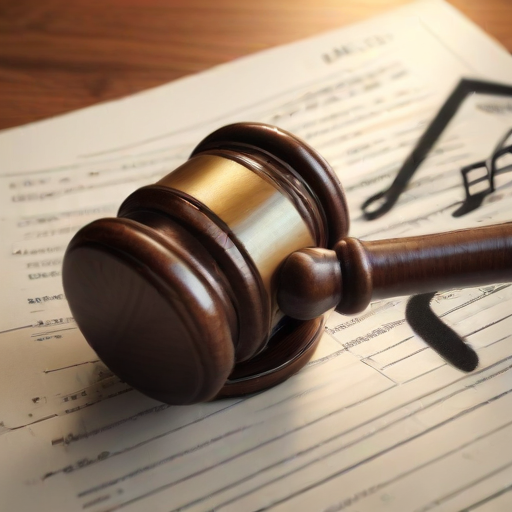Drake has taken legal action against Universal Music Group (UMG) and Spotify, alleging that the companies have worked together to artificially boost the streaming performance of Kendrick Lamar’s hit “Not Like Us.” This complaint arises amidst an ongoing feud between the two prominent rappers, in which both have traded barbs in their recent music releases.
In his petition submitted to a New York court, Drake claims that UMG has orchestrated a campaign involving influencers and radio stations, employing bots to enhance the visibility and popularity of Lamar’s song. He highlights a specific licensing agreement between UMG and Spotify, suggesting that UMG offered Spotify a significant discount of 30% on licensing fees for “Not Like Us,” in exchange for being prominently recommended to Spotify users.
The rivalry between Drake and Lamar has escalated, with both artists regarded as titans in the rap industry, boasting numerous chart-topping hits and Grammy accolades. Drake suggests that UMG’s practices extend beyond Spotify, alleging similar tactics on platforms like Apple Music. He recounted an instance where asking Siri to play his album “Certified Lover Boy” resulted in Lamar’s track being suggested instead. Furthermore, Drake claims that UMG dismissed employees who appeared to align with him artistically.
In response to Drake’s allegations, UMG categorically denied any wrongdoing, asserting that the company upholds the highest ethical standards in its promotional strategies. Their statement emphasized that the notion of undermining any of their artists is both offensive and unfounded.
This contentious exchange continues to fuel speculation about the motivations behind their feud, particularly as both artists have released tracks with thinly veiled insults toward each other. “Not Like Us” has achieved notable success, recently topping the Billboard Hot 100 chart for two weeks and accumulating over 900,000 streams on Spotify.
Drake’s petition includes a request for disclosure, seeking to identify those individuals who were allegedly compensated by UMG and Spotify for promoting Lamar’s track. In the petition, he points out the broader implications of UMG’s efforts, stating, “Every time a song ‘breaks through,’ it means another artist does not,” implying that such aggressive marketing strategies could jeopardize opportunities for other musicians.
This legal dispute highlights the complex dynamics within the music industry regarding artist promotion and competition. As the case evolves, it remains to be seen how it will impact both artists and the industry at large.
The ongoing conflict between these two influential figures may eventually lead to a resolution that benefits all parties involved, highlighting the importance of fair practices in music promotion. The situation encourages a conversation about equitable opportunities for artists striving to make their mark in a competitive industry.
